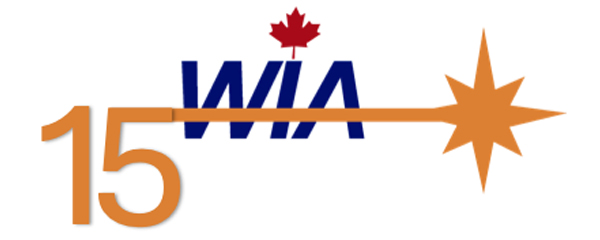by Eva Martinez
It’s hard to believe it’s already the middle of August! The summer is passing so quickly in what has felt like the longest year of my life. I’ve been working from home since the middle of March and I have completely lost count of the number of video calls that I have participated in for internal work team meetings, external client success meetings, and one-on-one meetings. Conferences and trade shows went from in-person to virtual, including networking, B2B, and webinars. And video conferencing somehow became the platform of choice to connect after-hours with friends and family, not to mention the many monthly board meetings, associations, and extra-curricular projects that I support. Even as such services as yoga, fitness, leadership coaching, cooking, and dance classes transitioned to free virtual delivery in an effort to remain relevant and accessible, it didn’t take long to hit the wall – I am experiencing “zoom fatigue”.
Don’t think for a minute that it’s just limited to Zoom…it applies to Teams, Hangouts, Skype, FaceTime, WebEx, and any other video conferencing platform. If the term alone is not self-explanatory, How to Combat Zoom Fatigue, an article by Liz Fosslien and Mollie West Duffy in the Harvard Business Review, indicates that “zoom fatigue stems from how we process information over video. On a video call the only way to show we’re paying attention is to look at the camera. But, in real life, how often do you stand within three feet of a colleague and stare at their face? Probably never. This is because having to engage in a “constant gaze” makes us uncomfortable — and tired. In person, we are able to use our peripheral vision to glance out the window or look at others in the room. On a video call, because we are all sitting in different homes, if we turn to look out the window, we worry it might seem like we’re not paying attention. Not to mention, most of us are also staring at a small window of ourselves, making us hyper-aware of every wrinkle, expression, and how it might be interpreted. Without the visual breaks we need to refocus, our brains grow fatigued.”
A Google search yields countless other similar articles on the subject. This might explain why virtual events such as the ones being organized by Women in Aerospace Canada are not yielding the same uptake within the community. There are many benefits to virtual platforms – geographical location is not a constraint, travel time and traffic are not factors, and other associated costs like parking are moot. However, the cognitive load is heavy when you consider all the adaptations we are dealing with and the sacrifices we’ve had to make during a global pandemic. Let’s face it, virtual interactions can be extremely hard on the brain. And bandwidth does not just apply to our internet connection!
If you’re experiencing zoom fatigue, the same article by Liz Fosslien and Mollie West Duffy provides tips including: avoid multitasking, build in breaks, reduce onscreen stimuli, make virtual social events opt-in, switch to phone calls or emails, and for external calls, avoid defaulting to video if you don’t know the other person well.
That said, we look forward to “seeing” you at a future Women in Aerospace Canada virtual event. Click here to see what’s coming up. There is tremendous value in coming together as a community to share our experiences and coping tips while we continue fostering and building our network.
Do you have an article you would like to share? Please forward to leigh.kras@wia-canada.org
